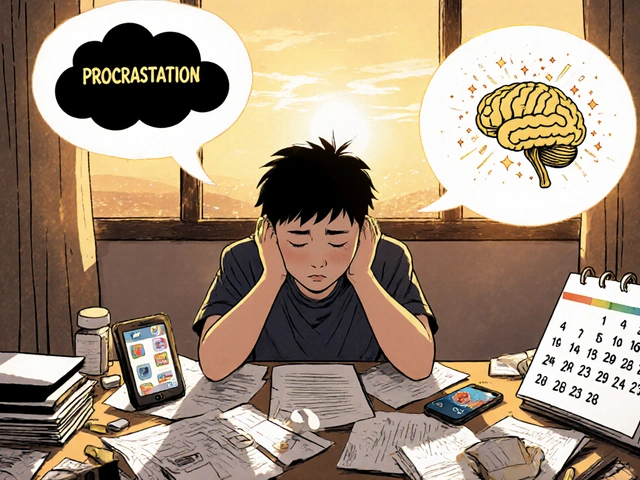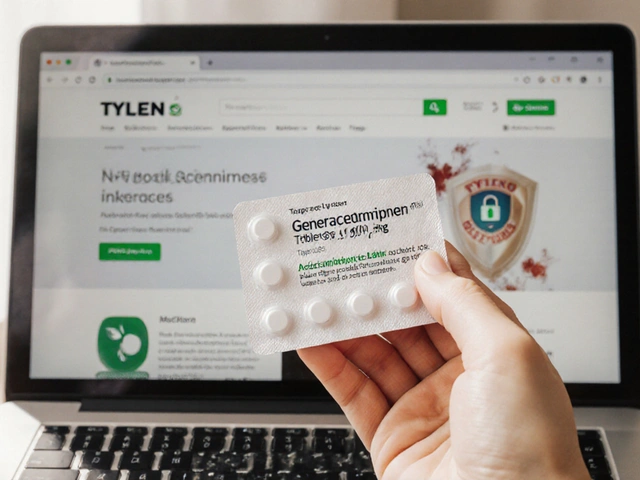Risks You Should Know Before Taking Any Medicine or Supplement
Ever wonder why a doctor always asks about other meds before prescribing something new? It’s because every drug carries its own set of risks. Knowing those risks can save you from nasty side effects, costly hospital visits, and wasted money. In this guide we break down the biggest dangers you might face and give you practical ways to keep yourself safe.
Common Medication Risks
First up, side effects. Most pills cause at least a mild reaction—dry mouth, drowsiness, or an upset stomach. The real trouble starts when a drug interacts with another one you’re already taking. For example, mixing certain antidepressants with painkillers can raise the chance of serious bleeding.
Another risk is dosage errors. Even over‑the‑counter meds like ibuprofen become harmful if you take too much. Kids are especially vulnerable because their bodies process drugs differently. Always double‑check the label and ask your pharmacist if you’re unsure.
Allergies matter, too. A rash or swelling after a new prescription might signal an allergic reaction. If you notice any sudden breathing problems, treat it as an emergency—stop the medication and get help right away.
How to Spot & Reduce Health Risks
The easiest way to avoid trouble is keeping a complete list of everything you take: prescription drugs, supplements, vitamins, even herbal teas. Bring that list to every doctor’s visit so they can spot potential clashes before they happen.
Read the fine print. The “warnings” section on a bottle isn’t there for decoration; it tells you who should avoid the drug and what symptoms demand a call to your doctor. If something sounds confusing, ask your pharmacist to explain in plain language.
Stay updated. New research can change the safety profile of a medication overnight. A quick web search or a chat with your healthcare provider can alert you to fresh findings—like the recent studies linking some bladder drugs to memory problems.
If you’re using supplements, treat them like any other drug. Even natural products can cause liver damage or interfere with blood thinners. Look for reputable brands that provide third‑party testing results.
Finally, trust your body. Fatigue, dizziness, or sudden weight changes aren’t normal side effects for most meds. When you notice something off, don’t wait—call your doctor and discuss whether a dose adjustment or a different drug might be better.
Knowing the risks isn’t about scaring yourself; it’s about taking control of your health. By staying informed, keeping records, and speaking up when something feels wrong, you can enjoy the benefits of medication without the nasty surprises.

Clenbuterol and Respiratory Health: Potential Benefits and Risks
I recently came across a fascinating topic on Clenbuterol and its effects on respiratory health. It seems that Clenbuterol, a bronchodilator, has potential benefits for those with asthma and other breathing issues. However, it's crucial to consider the possible risks, such as heart problems and muscle tremors, before using this drug. As with any medication, it's essential to consult with a healthcare professional to weigh the pros and cons. Always prioritize your safety and well-being when exploring new treatments for respiratory health.
Detail




